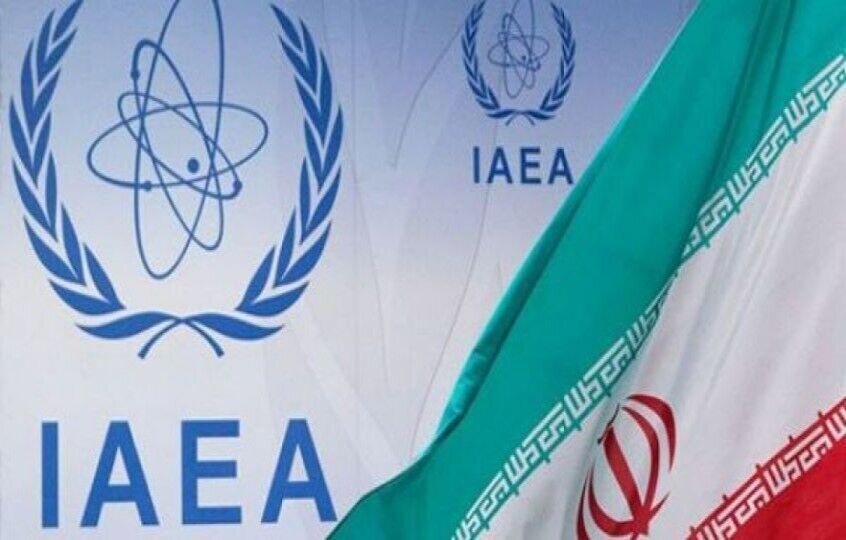De-designating some IAEA inspectors is based on Safeguards Agreement: Iran

TEHRAN- Nasser Kanaani, the spokesman for Iran’s foreign ministry, said on Saturday that the Islamic Republic’s most recent decision to revoke the designation of some IAEA inspectors was motivated by the rights to governance outlined in the Safeguards Agreement between the two parties.
Kanaani made the remarks just hours after Rafael Grossi, the director general of the IAEA, criticized Iran for what he called a “unilateral measure” by Tehran in de-designating a number of IAEA inspectors.
In a statement, Grossi described Iran’s move as “disproportionate and unprecedented” and said these “most experienced” inspectors were tasked with carrying out verification tasks in Iran in accordance with the NPT Safeguards Agreement.
Grossi claimed Iran’s action “affects the normal planning and conduct of the IAEA verification activities” and “openly contradicts the cooperation that should exist between the Agency and Iran.”
In response, spokesman Kanaani stated that Iran had taken the action in accordance with the governance rights granted to the nation in Article 9 of the text containing the terms of an agreement between Iran and the IAEA responsible for applying safeguards in connection with the nuclear Non-Proliferation Treaty (NPT).
Kanaani added that Iran has continued to cooperate in a positive and productive manner with the IAEA.
Nevertheless, he said, the UK, France, Germany, and the U.S. used the IAEA’s Board of Governors for their own “political purposes” through their unreasonable demands and desire to sabotage collaboration between Iran and the agency.
“Unfortunately, despite Iran's positive, constructive and continuous interaction with the IAEA, the three European countries and the United States abused the Agency's Board of Governors for their own political purposes with the aim of damaging the atmosphere of cooperation between Iran and the Agency,” Kanaani said, referring to the three European countries.
He noted that Iran has already cautioned against the negative effects of “political misuses,” such as attempts to politicize the environment of the UN nuclear watchdog.
The official went on to say that Iran wants Western nations to stop the practice of abusing international institutions, such as the IAEA, and to permit them to carry out their impartial and professional duties free from political interference.
While highlighting the necessity for the IAEA to work impartially, Kanaani made it clear that Iran will continue its constructive collaboration in accordance with the terms of its agreements with the UN agency.
The IAEA Board of Governors released a statement on Wednesday accusing Iran of breaking its safeguards agreements, which was supported by the West.
The document urged Iran to take action to resolve unresolved safeguards issues and declare to the IAEA what they claimed new nuclear facilities.
Alongside the meeting of the IAEA Board of Governors on Wednesday, the three European signatories of the 2015 nuclear agreement — France, Britain, and Germany — also released a joint statement.
Even though the United States unilaterally ended the nuclear agreement in 2018 and left its future in doubt, they charged Iran with breaking the agreement.
